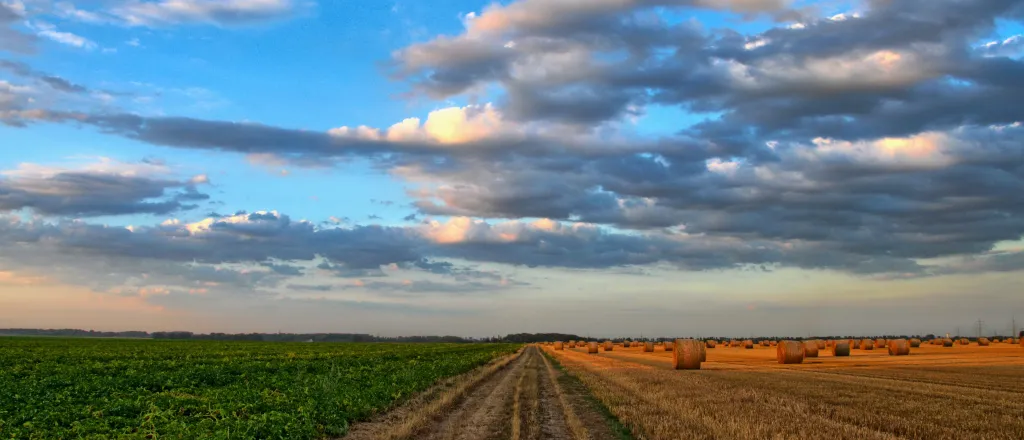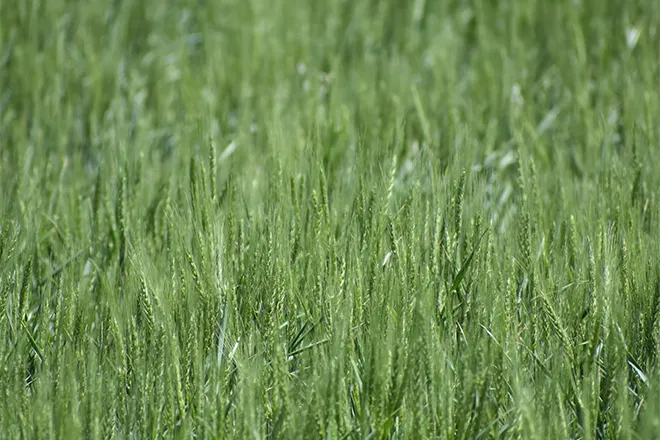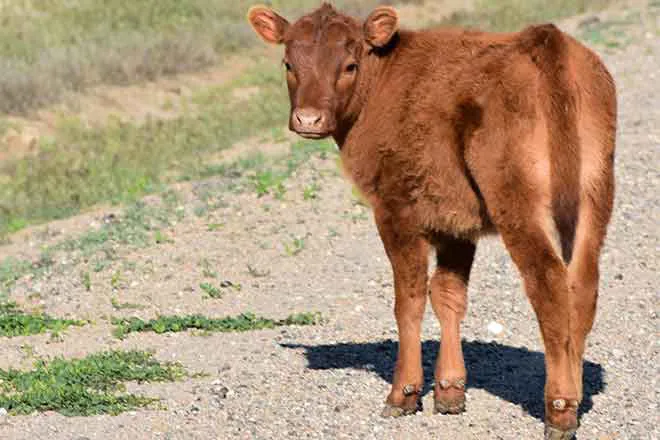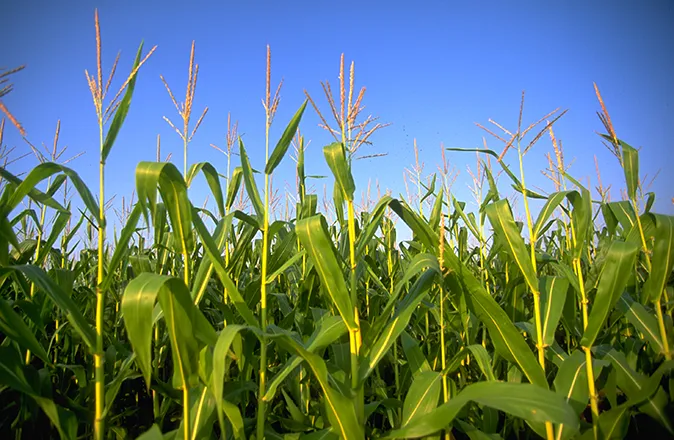
Gardening on the High Plains – a new take on agriculture education
Steve Poet is an agricultural education teacher at the High Plains High School in Seibert. Although he has been working with kids for 20 years, this will be his fifth year at High Plains High School. He is the kind of invested teacher that all students hope to have when entering a high school ag program. Poet grew up in a rural setting himself, and with years of experience he has developed quite the green thumb. With that being said, in just five short years, Poet has helped his students to build an impressive garden and greenhouse that has become an admired and valued piece to their small community.
The High Plains High School was recently built on a 10-acre plot of retired CRP ground. Because the school had plenty of extra land, Steve was able to utilize this ground to build a garden and greenhouse for his students.
The greenhouse itself is 60 by 72 feet and their sizable garden lays right next to the greenhouse at 100 by 72 feet. Every year the high school ag students have planted a variety of close to 20 different fruits and vegetables and then have the responsibility to cultivate the garden. They grow anything from tomatoes, strawberries, onions, squash and more.
A unique aspect to the produce grown at High Plains is that everything is planted from a seed and the students use handmade tools from their shop classes to work the garden.
They also don’t use any pesticides or chemicals on their plants and handle any issues in their crops with natural alternatives. In one scenario, they release ladybugs to help with aphids.
Most of the produce that they grow is distributed back into the community and it is their goal not to waste anything they grow.
Members of the community buy shares of the garden at the beginning of the year, then as the produce is grown and ready to be harvested, those community members receive baskets full of fruits and vegetables locally grown.
In addition to that, the school lunch program also utilizes the garden in their backyard by using the produce in the salad bar and daily lunches.
Poet and his students have also been working with local senior centers to donate produce to their organizations. Not only are the seniors so supportive to the kids and the ag program, but they also grew up growing their own foods and they truly value the work the students put into the garden.
Although the high school ag students play a huge role in taking care of the plants, Poet still includes the elementary students. At the beginning of the school year when most of the plants need to be harvested, he brings all the elementary students out to the garden where they can harvest grocery bags full of fresh produce to take home to their families. Along with that, they have their annual pumpkin patch where the elementary students pick out a pumpkin and have a pumpkin carving or decorating contest.
Yet, with each year, production continues to increase at the High Plains garden. The pumpkin harvest was plentiful in the fall of 2020 and after 90 elementary students picked out a pumpkin, they still had around half of their pumpkin crop left.
This is where Poet saw another opportunity to teach his students about hard work and dedication. Poet has taught his students how to practice using patience and commitment in the garden because he believes determination is a necessary skill to life. “Unfortunately, gardening isn’t like Jack and the Bean Stock where you can throw a seed in the ground and see a towering plant the next day, and neither is life. It takes planning and organization to see results.” With that, the students decided to make pumpkin pies with the rest of the pumpkins. There are about twenty kids in all of Poet’s ag classes and they worked together to make the pies in the school kitchen. They completed the task in a series of about five different class periods. They first roasted the pumpkins and harvested out the center of the pumpkin, then froze the pumpkin concentrate. They devoted one class period to making the pie crusts and the next day they rolled it out and fit the crusts into the pie pans. They ended up with 52 pies total. Each student was able to take a pie home and the rest were given to the seniors in their community.
Through the entire process, the students were able to see how you can start with something so small, like a seed, and turn it into something much greater. It is easy to become discouraged when life starts to challenge you, however, we must be aware of the small, good things that happen every day because the more we notice them the greater life seems to become.
This is a good concept to keep in mind, especially when our nation is facing such adversity. Although Poet’s students may not be experiencing the high school career they hoped for, he hopes they can see the value in the hard work they have poured into their garden, and that when life gives them seeds, that they are able to make pumpkin pies!

















